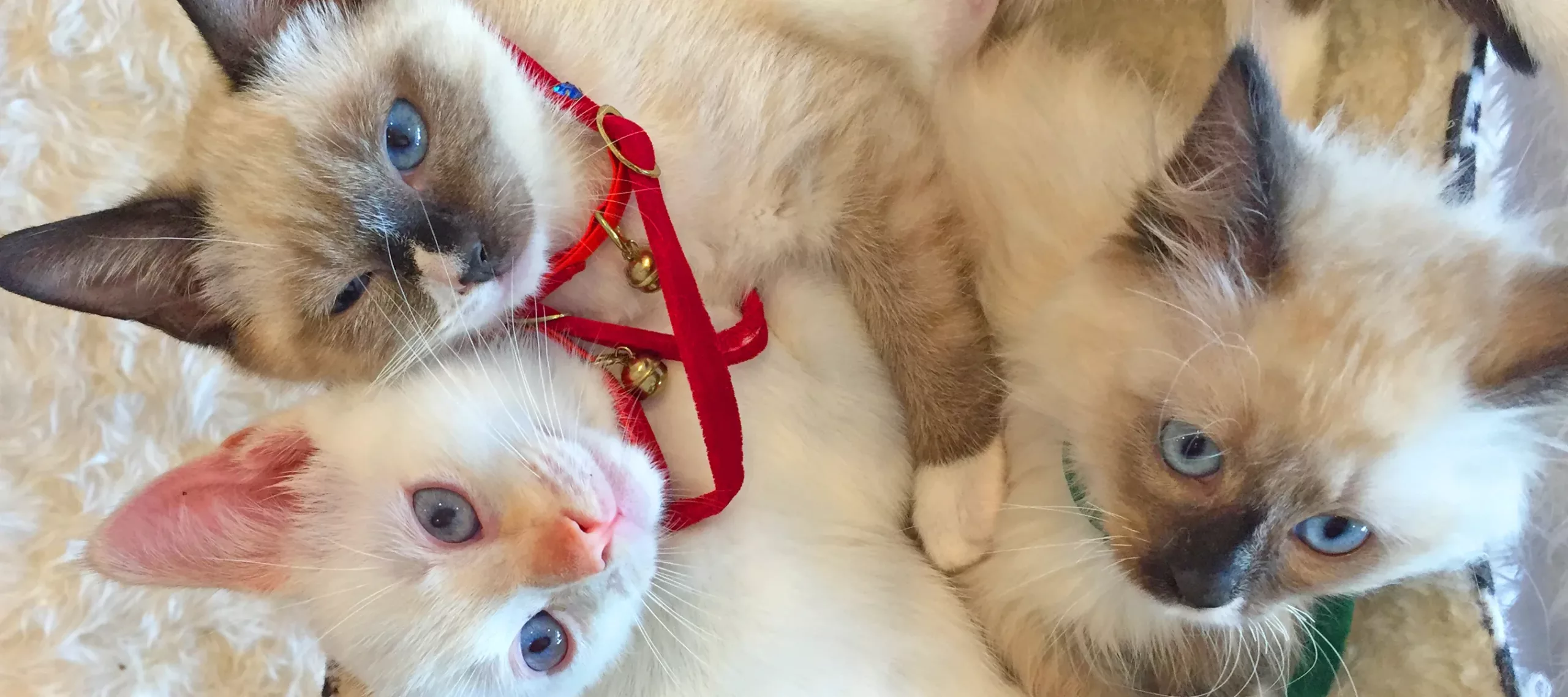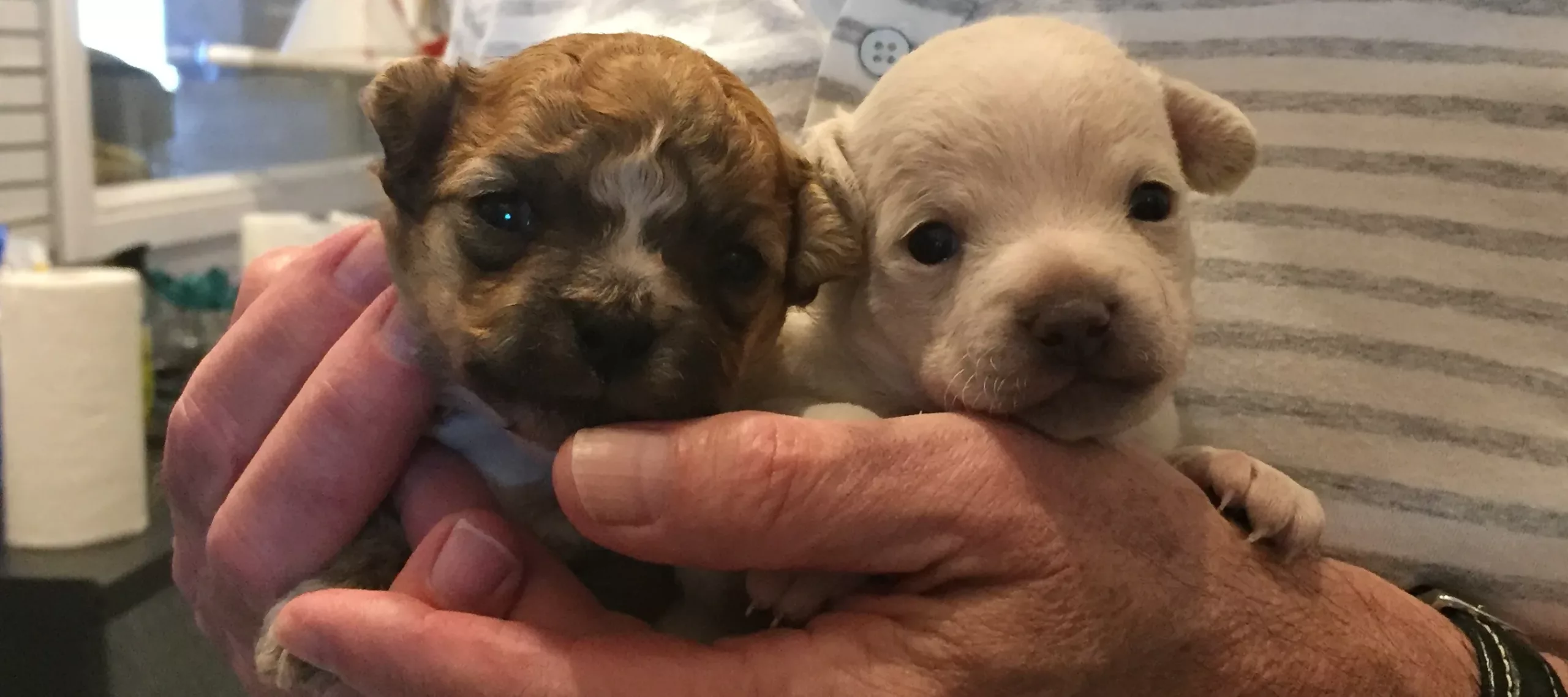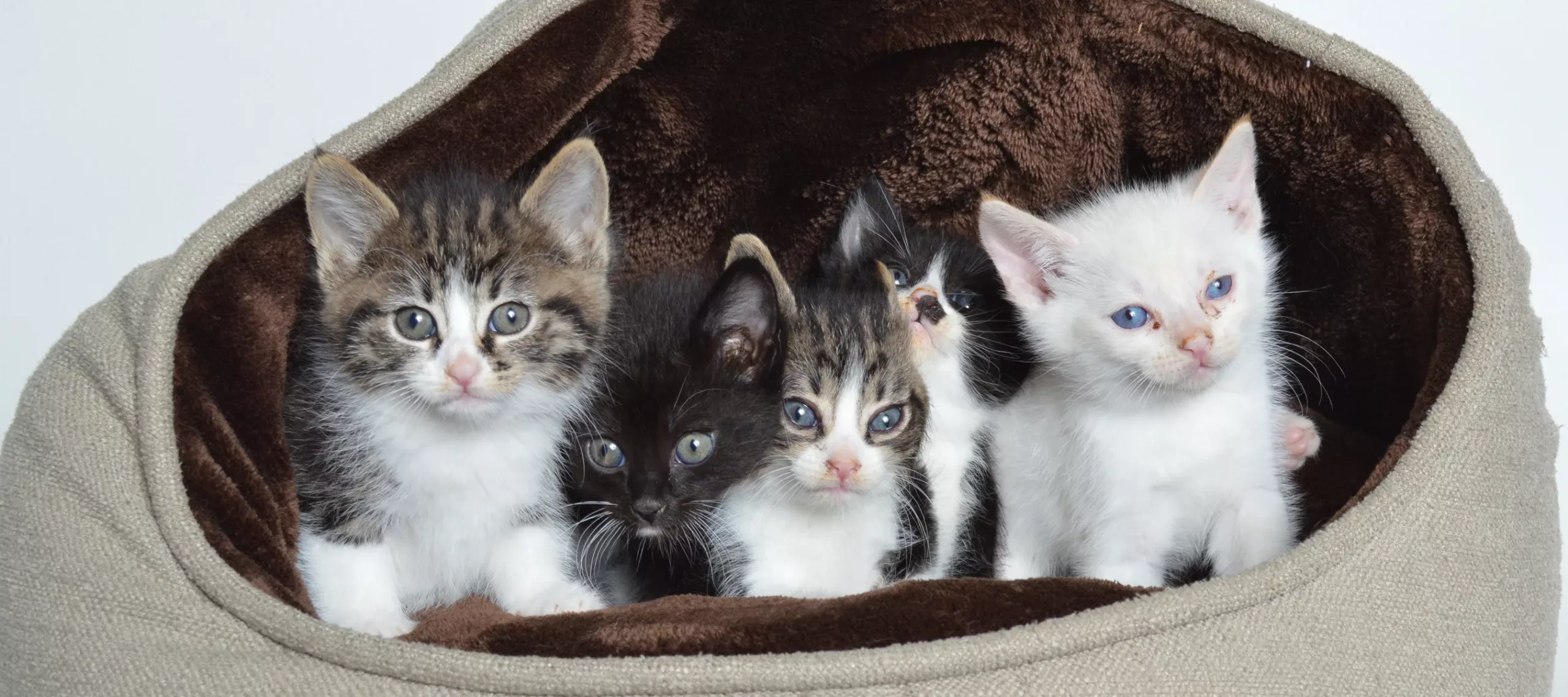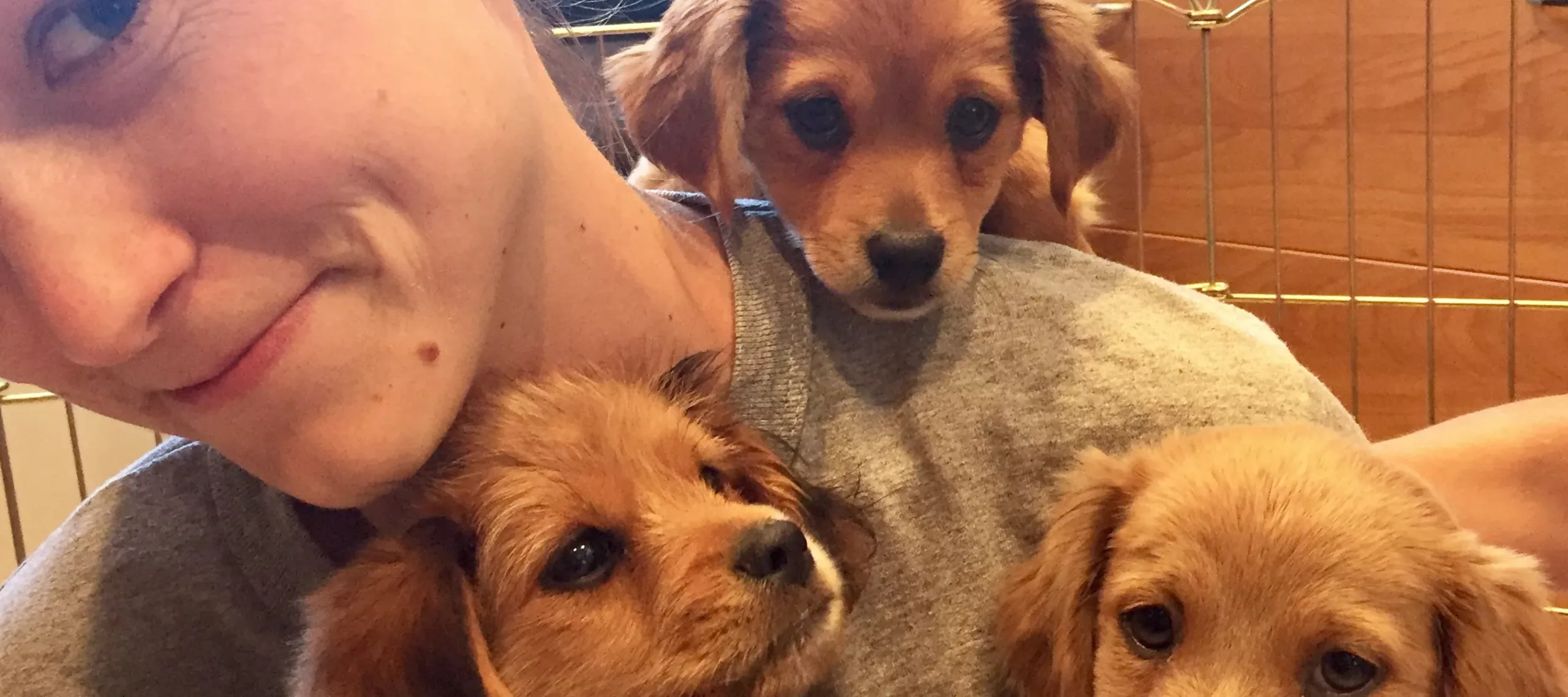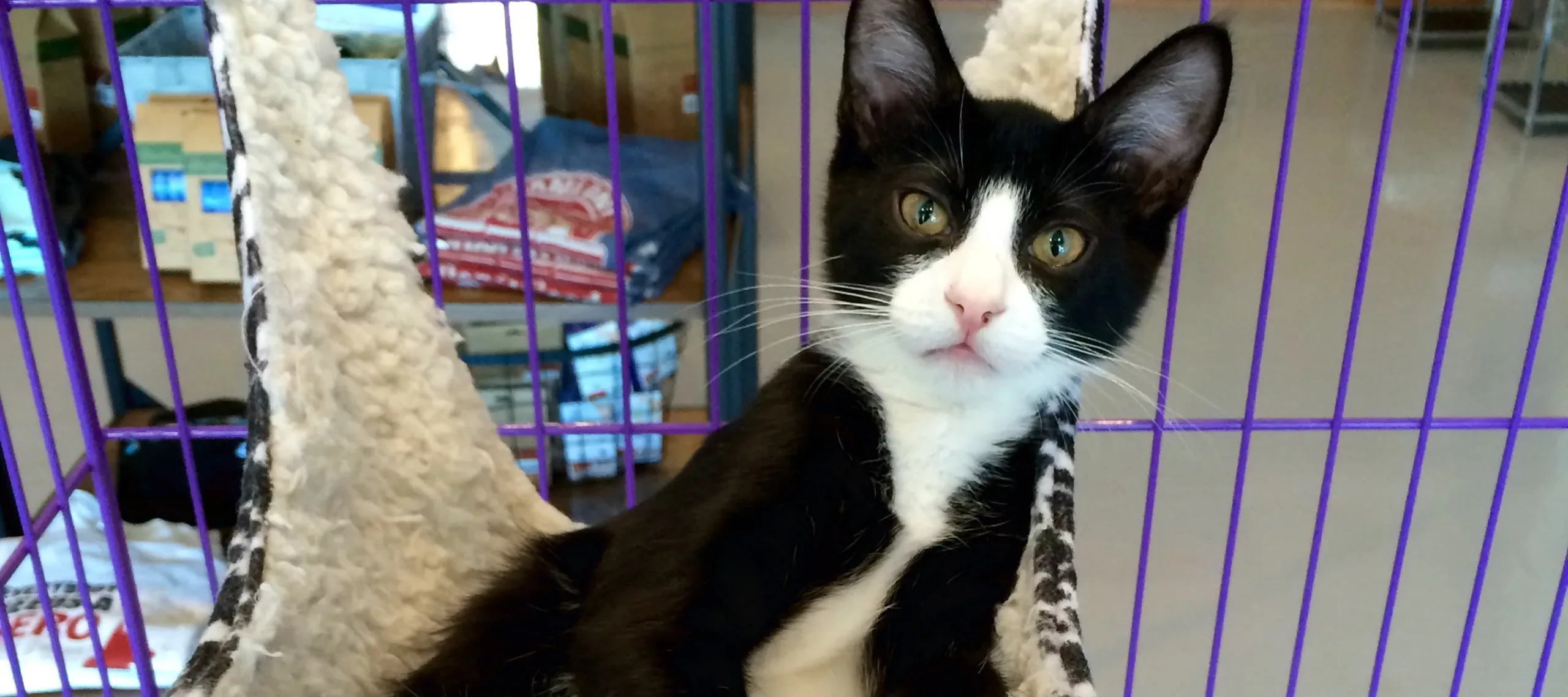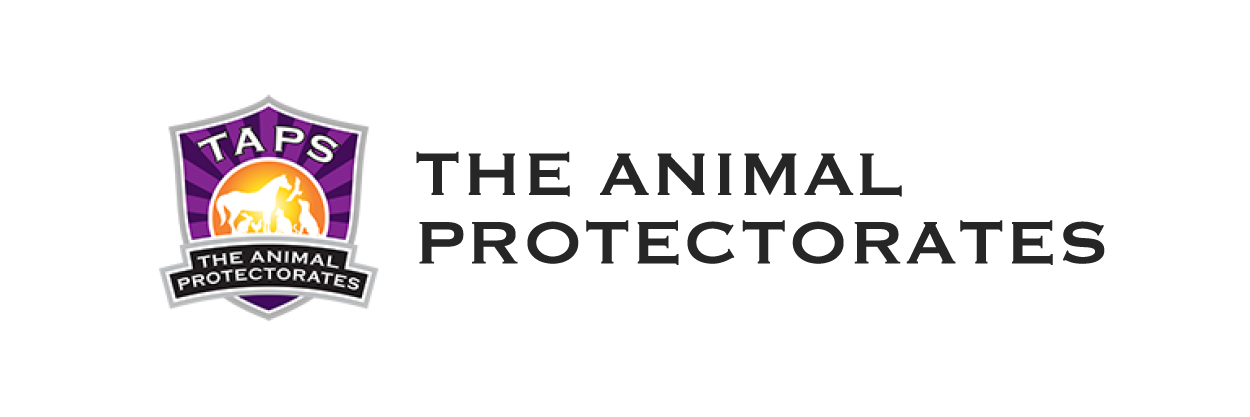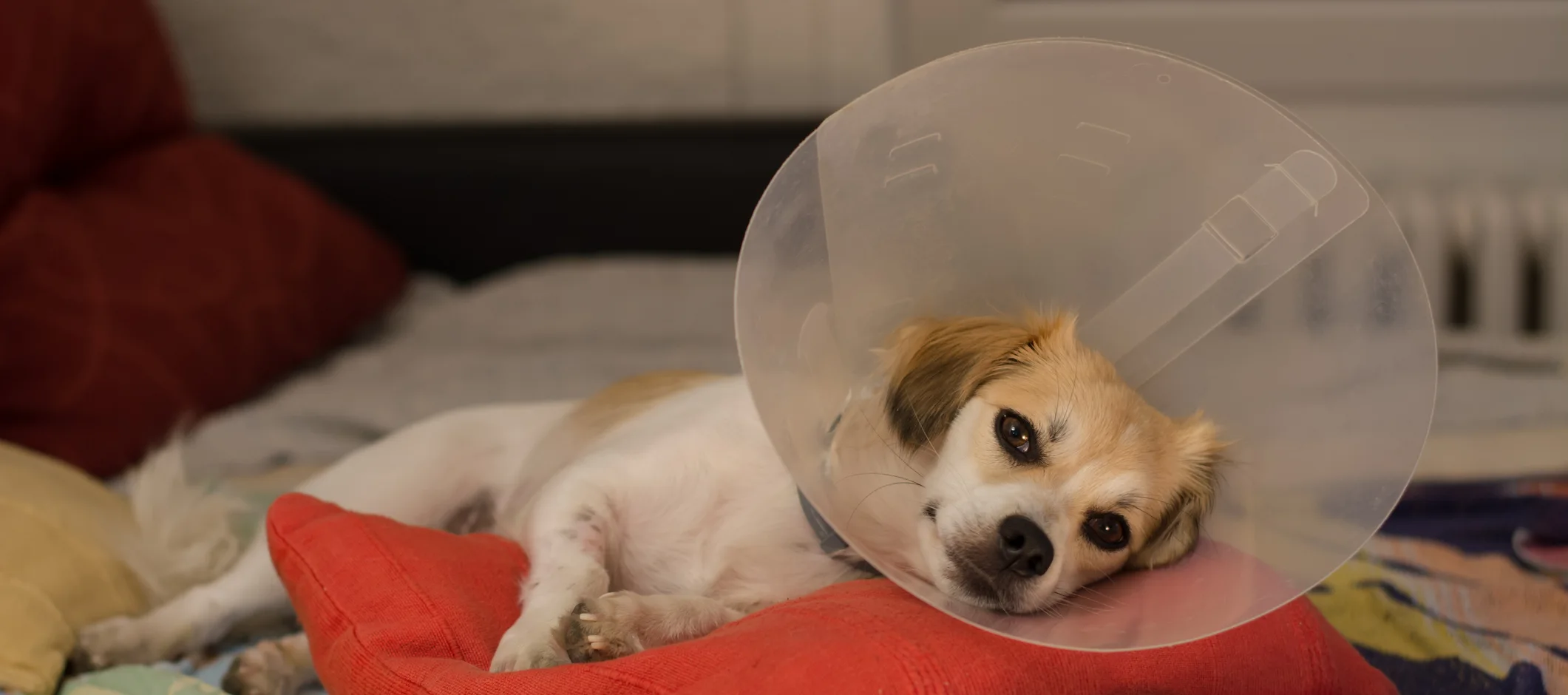The price is right – have your pet spayed or neutered.
City of Friendsville Need-Based Spay/Neuter Assistance
The Animal Protectorates seeks to decrease the number of healthy pets being euthanized at shelters. One of the ways we are accomplishing this is by providing need-based spay and neuter vouchers to qualified City of Friendsville residents so that they can have their pets altered and thereby reduce the number of unwanted pets entering the shelter system where they are at risk of euthanasia.
This program is funded by donations, grants and proceeds from Saving Spot Boutique.
To be eligible for assistance, the pet owner must complete an application and provide a City of Friendsville water bill. If approved, you will be contacted with the next steps.
Frequently Asked Questions About Spaying & Neutering
Common Misconceptions About Spaying & Neutering
Post Surgery Care
Recovery from a spay or neuter surgery will take approximately two weeks. During this time, it is important to:
Keep Them On A Regular Diet
Changing their diet or giving them too many treats after their surgery could upset their stomach and straining to potty hurts them.
Limit Activity
Many pets seem to have their normal energy level back as early as the next day. Even so, if they run and play or jump on and off furniture, it could break open their incision site and cause complications, including a visit to the veterinarian to resuture them.
Check And Keep The Incision Site Dry
Bathe or groom your pet prior to the surgery date. When adopting from a shelter, animals are frequently spayed or neutered prior to you picking them up and even though they may be dirty and smell, it is important to let them heal prior to bathing them so that the incision site does not get contaminated with dirty water.
Keep a Cone or Other Lick-Preventing Device on Them
Animals that are interested in their incision site may lick the site which can get it infected, but also rip out sutures.
Keep Your Pet Separate From Other Pets In The Home
Even though a male pet has been neutered, he can still impregnate an un-spayed female pet for up to 30 days. And, because the altered pet smell different (due to hormonal changes and having been to the vet’s office in general), there can be tension with the other animals in the home.
Contact your veterinarian right away if there appear to be complications.
We rescued these unwanted puppies and kittens from shelters where they were at risk of euthanasia.
